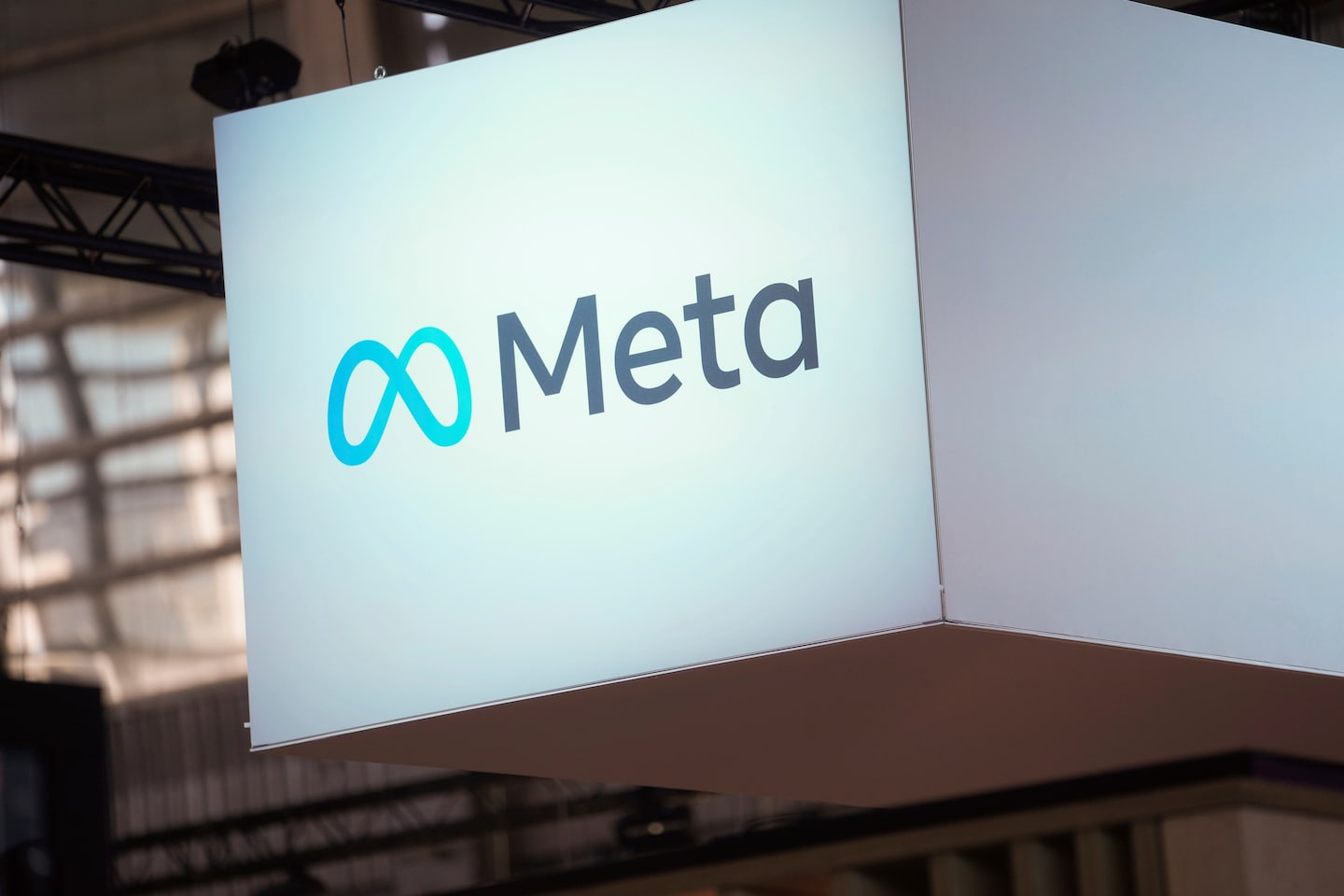Meta will require political campaigns to disclose their use of artificial intelligence in political ads, a new policy that could shape how the new technology is used in the 2024 elections.
The Wednesday announcement, first reported by Reuters on Monday, states that the policy is meant to “help people understand when a social issue, election, or political advertisement on Facebook or Instagram has been digitally created or altered, including through the use of AI.” It goes into effect next year and will be required globally.
The policy comes about a year after the public release of ChatGPT, an AI language model that wowed users with its ability to write memos, essays, and even poetry following a user’s prompt. Meanwhile, AI-enabled image modifiers are exploding in use on social media.
The 2024 U.S. presidential election could present an early test of how platforms will police the use of AI in political advertising, given that fake social media accounts and other forms of disinformation are already widespread. The new policy also comes after the Biden administration announced last week a sweeping executive order to regulate AI.
The announcement cited specific uses of AI that advertisers will have to disclose. They include ads showing an actual person saying or doing something they didn’t say or do, as well as those that depict a realistic-looking individual who doesn’t exist or a realistic-looking event that didn’t happen, or that alter footage of a real event. Also barred are ads that show a “realistic event that allegedly occurred, but that is not a true image, video, or audio recording of the event.”
However, advertisers don’t need to disclose when ads are changed in ways that are “inconsequential” in regards to the issue raised in the ad, such as cropping or color-correcting, Meta said.
The social media giant also promised to crack down on advertisers that fail to comply. “If we determine that an advertiser doesn’t disclose as required, we will reject the ad and repeated failure to disclose may result in penalties against the advertiser,” the company said in its unsigned blog post.
